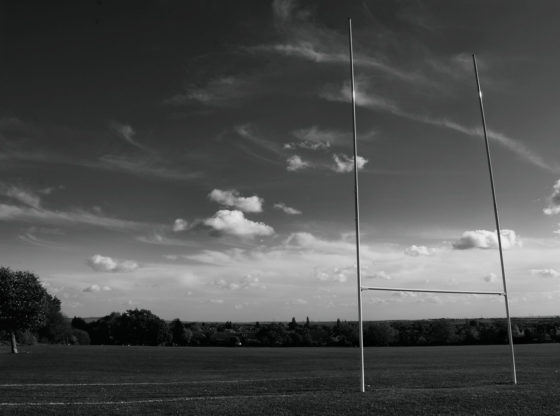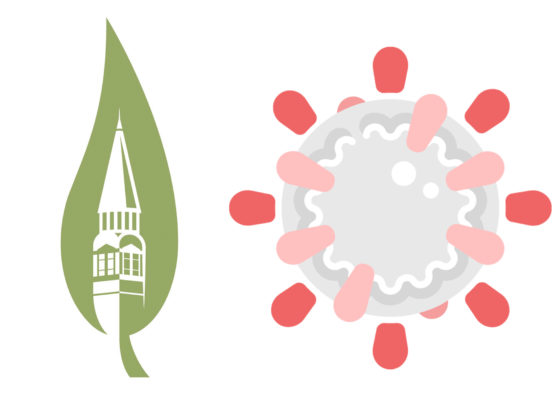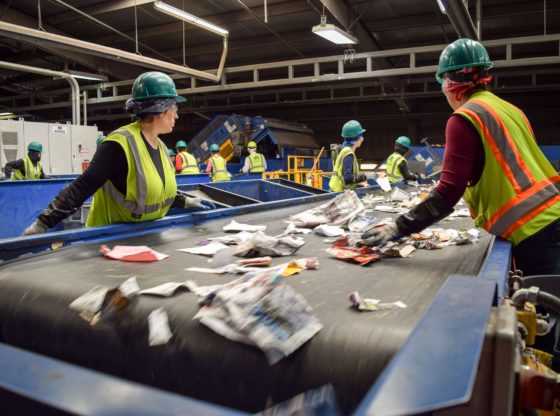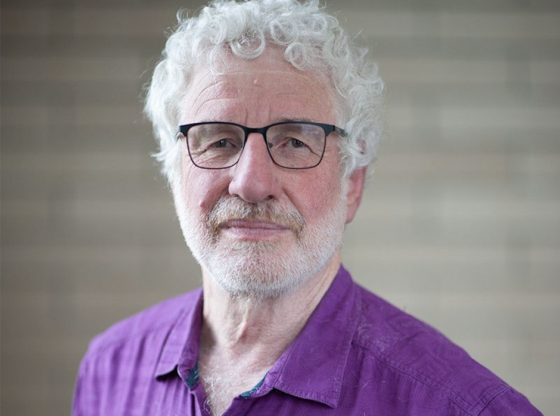In this week’s episode of the Clarion podcast, Victoria sits down with Dr. Lotta Granholm-Bentley, the DU’s executive director for the Knoebel Institute for Healthy Aging. Granholm-Bentley has been at DU for three years, but prior to coming here, Granholm-Bentley spent her time at graduate school in Stockholm studying in the neuroscience department, she then went to CU Anschutz in the ’80s, and most recently she found herself as the director of the Center on Aging at the Medical University of South Carolina.
Granholm-Bentley has been interested in studying the neuroscience of Down syndrome since the ’90s because about 80 percent of people with Down syndrome will develop Alzheimer’s, and we currently don’t know the reason why. Granholm-Bentley is the principal investigator for a network of sites researching this topic in order to help people with Down syndrome live healthy lives. There are 10 other sites in the United States and three sites in Europe. Though Down syndrome is not a rare condition, it is rare enough that these research sites have to group together in order to get enough brain tissue to research. Here at DU, they developed a device called a brain jig that makes the process of comparing donated brain tissue much easier. The brain jig helps to separate parts of the brain after it has been taken out, so with the thirteen donations they have had in their network, it is easier to find the specific areas of the brain. DU’s role in this network of research sites is making this brain jig with the help of a 3D printer and sending a brain jig to all of the other sites. Their end goal is to use the brain jig to compare the specific parts of the brain from different donations, so they can find a reason why people with Down syndrome later get Alzheimer’s. If they find this answer, they would then go on using the brain jig to find new methods to treat them.
Another project that is currently in the works is the concussion study. The focus of this project is to see if repeated concussions cause the development of Alzheimer’s biomarkers in the blood, and if so, what are the solutions to combat this? This is a project in which many students get involved. There are now more than four hundred DU students involved in this study. Many students start their involvement as freshman athletes when they go through preliminary testing. If they happen to get a concussion over their time at DU, then more testing is conducted to see the effects on the students. This project is an innovative and dynamic effort by students from a large variety of disciplines. Granholm-Bentley mentioned that a possible future goal for this project is to expand it to include older adults, possibly reaching out to alumni, especially ones that were athletes.
Outside of these projects, Granholm-Bentley is passionate about internships for students. Students can get involved in many places, a couple of them being on the Financial Security Project or with the Intergenerational Program. The Financial Security Project can find internships for students all across town in different companies with the students working on financials. The Intergenerational Program would get students involved with going out to find real experiences in places such as assisted-living homes. Granhom-Bentley loves to see students working with older adults because there is a mutual benefit to the system. She wants students to know that no matter their discipline, there are many career opportunities in aging.
* Music: Snow Butterflies In Our Warm Attic by Artificial.Music
* Music Promotion: https://www.free-stock-music.com
Creative Commons Attribution 3.0 Unported License
https://creativecommons.org/licenses/by/3.0/deed.en_US
* Photo: Impact DU










